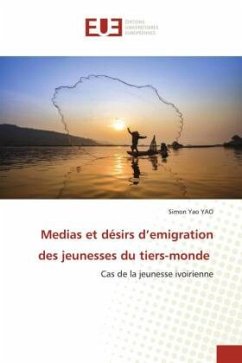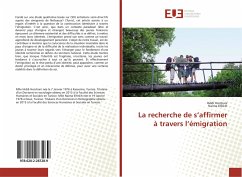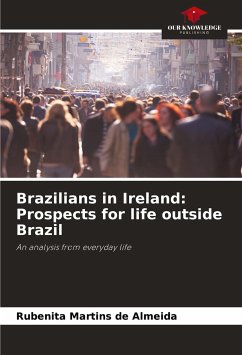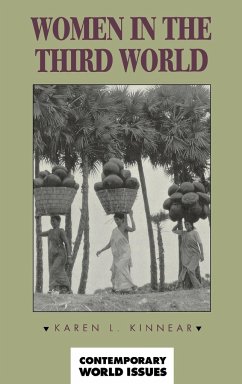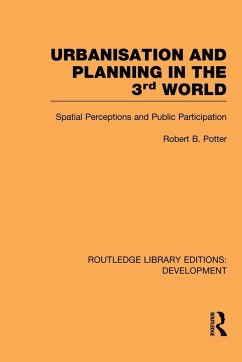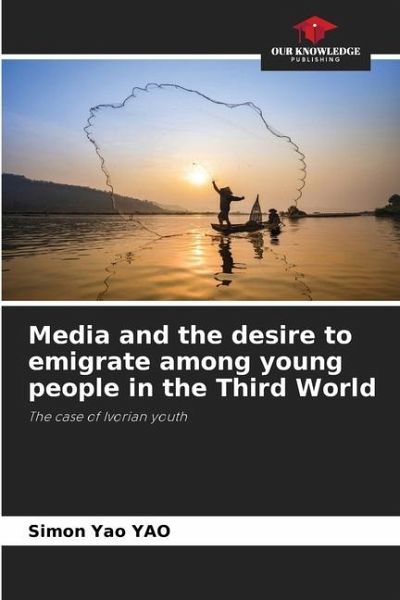
Media and the desire to emigrate among young people in the Third World
The case of Ivorian youth
Versandkostenfrei!
Versandfertig in 6-10 Tagen
29,99 €
inkl. MwSt.

PAYBACK Punkte
15 °P sammeln!
The advent of globalization in the middle of the XX century was a decisive turning point in the history of mankind, as it brought about a kind of interdependence in virtually every aspect of life within society. In this logic of social interconnection, the media seem to occupy a place of choice because of the crucial role they play in blurring state borders and national forms of cultural belonging in favor of new, transnational forms of belonging. As a result, they have managed to slip into the very heart of the formation of collective social consciousness. At the same time, they have become r...
The advent of globalization in the middle of the XX century was a decisive turning point in the history of mankind, as it brought about a kind of interdependence in virtually every aspect of life within society. In this logic of social interconnection, the media seem to occupy a place of choice because of the crucial role they play in blurring state borders and national forms of cultural belonging in favor of new, transnational forms of belonging. As a result, they have managed to slip into the very heart of the formation of collective social consciousness. At the same time, they have become real factors in the mobility of populations. In this article, we analyse this state of affairs, starting with a brief review of the major trends that have marked the history of media sociology, followed by an analysis of the relationship between media and migration, and ending with a case study of young Ivorians and the role of Western media in their desire to emigrate.



